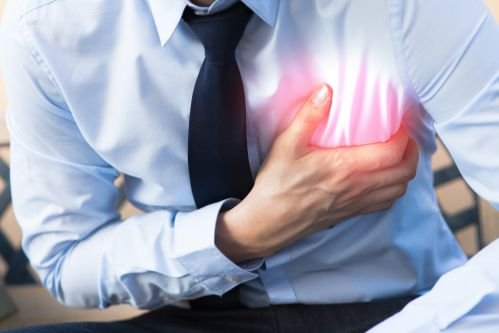
A cardiovascular failure happens when something blocks the blood stream to your heart so it can't get the oxygen it needs. It's a health related crisis. Summon 911 right at the earliest hint of any side effects. Try not to hold on to check whether the side effects pass.
Coronary failures are likewise called myocardial areas of localized necrosis (MIs). "Myo" signifies muscle, "cardial" alludes to the heart, and "localized necrosis" signifies passing of tissue in light of an absence of blood supply. This tissue demise can make enduring harm your heart muscle..
Respiratory failure Side effects
Side effects of a coronary episode include:
Distress, pressure, greatness, snugness, crushing, or agony in your chest or arm or beneath your breastbone
Distress that goes into your back, jaw, throat, or arm
Completion, heartburn, or a stifling inclination (it might feel like indigestion)
Perspiring, steamed stomach, spewing, or wooziness
Serious shortcoming, tension, exhaustion, or windedness
Quick or lopsided heartbeat
Side effects can be not quite the same as one individual to the next or starting with one coronary episode then onto the next. Ladies are bound to have these cardiovascular failure side effects:
Strange exhaustion
Windedness
Queasiness or spewing
Unsteadiness or dazedness
Distress in your stomach. It might feel like heartburn.
Distress in the neck, shoulder, or upper back
With some cardiovascular failures, you won't see any side effects (a "quiet" myocardial localized necrosis). This is more normal in individuals who have diabetes
Realities About Coronary episodes
In excess of 1,000,000 Americans have coronary episodes every year. It happens like clockwork to somebody in the U.S., as per the CDC.
Coronary failures happen to all kinds of people. In spite of the fact that they are almost certain as you go downhill, there are many gamble factors - including hypertension, elevated degrees of LDL ("terrible") cholesterol, diabetes, and whether you smoke - that you can change.